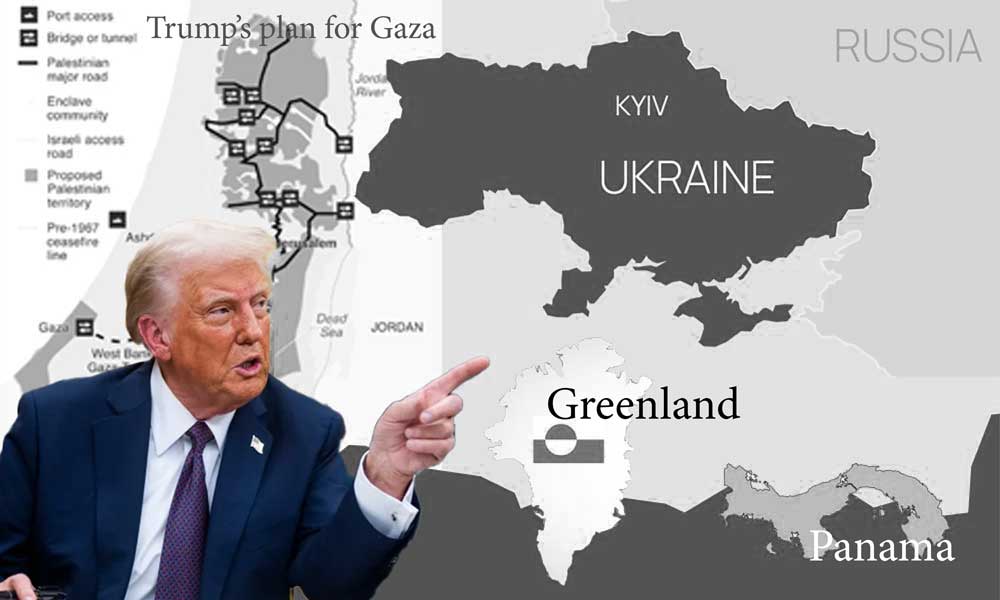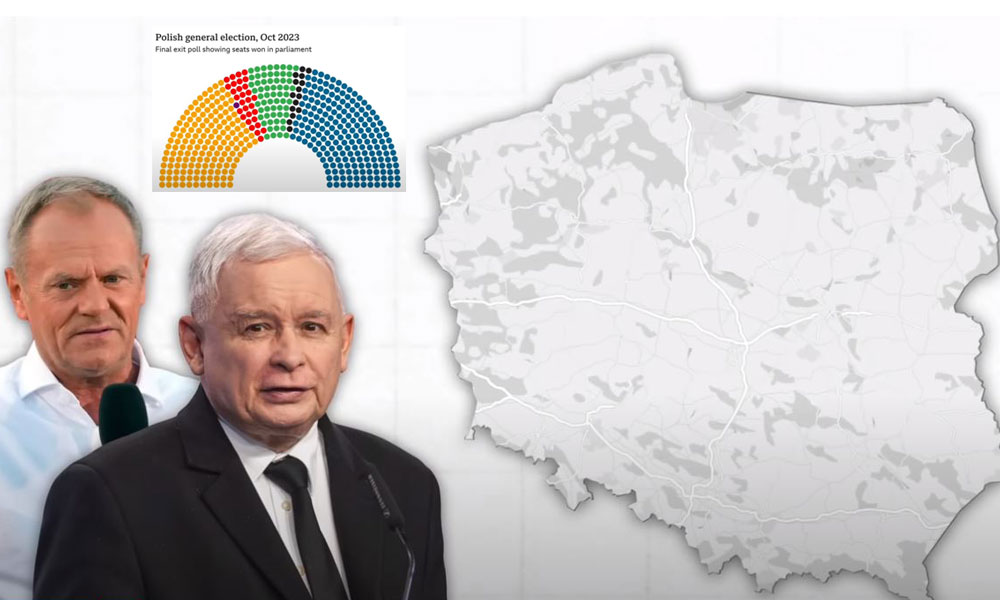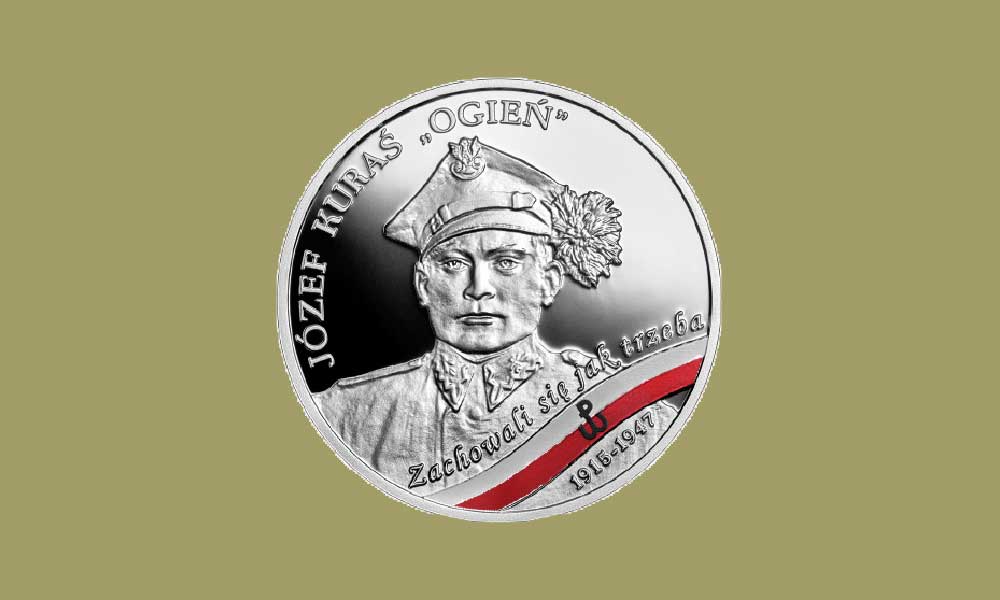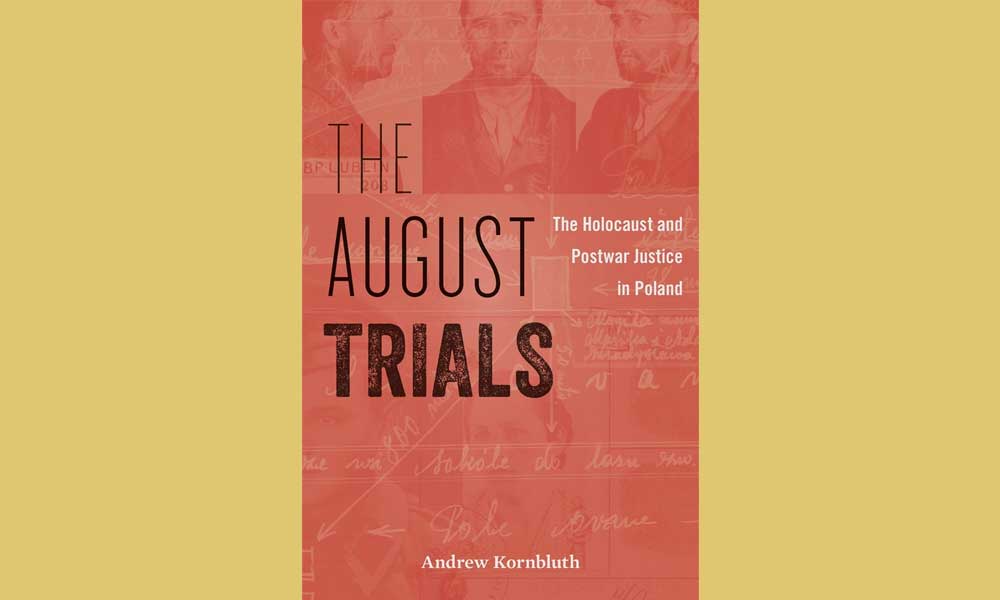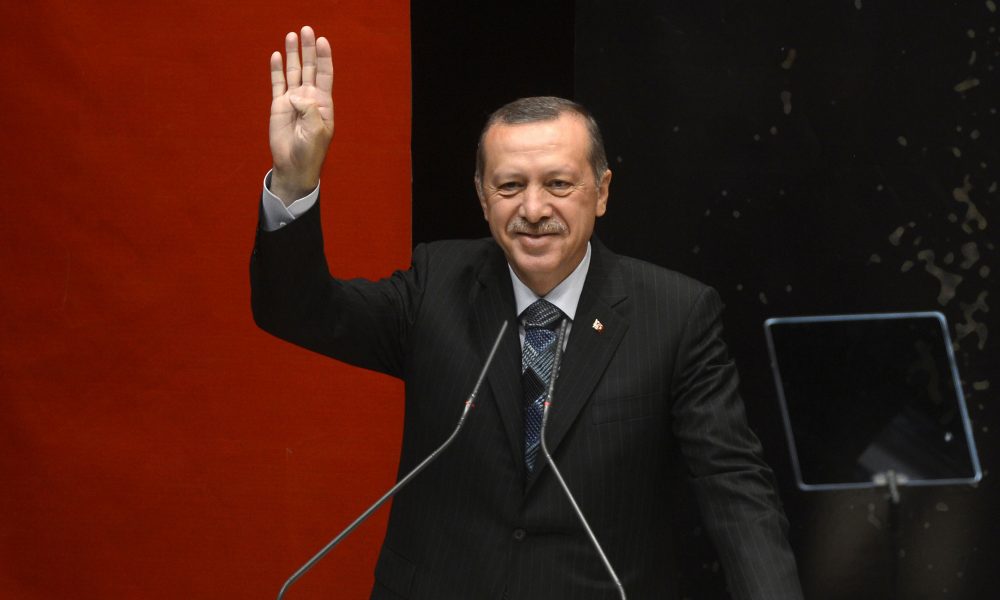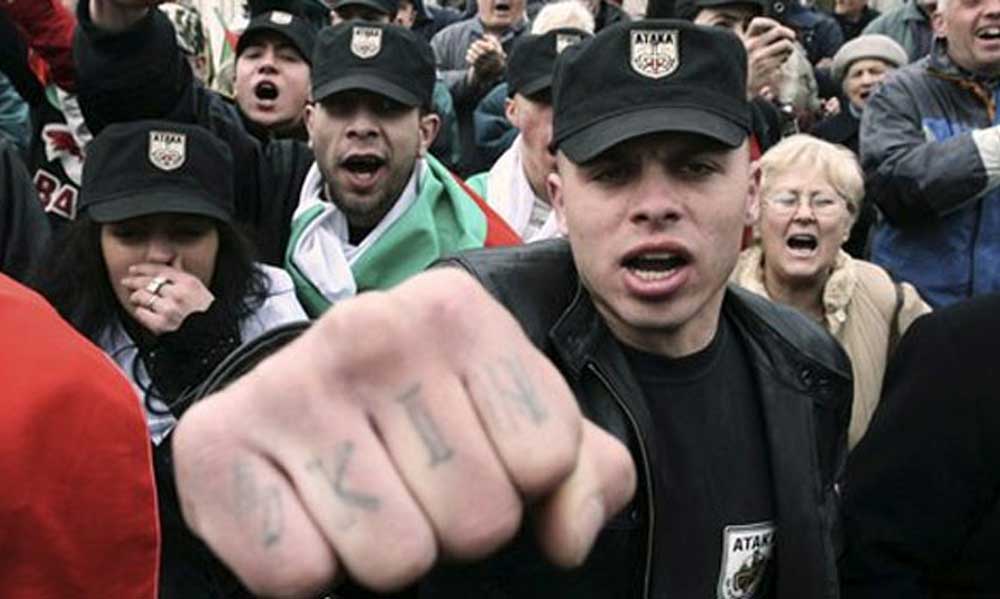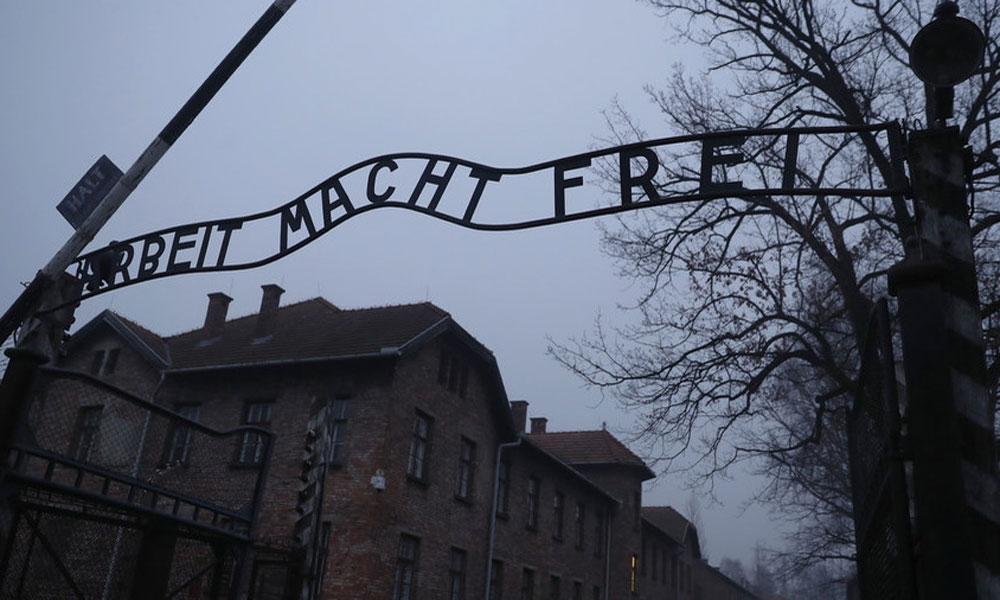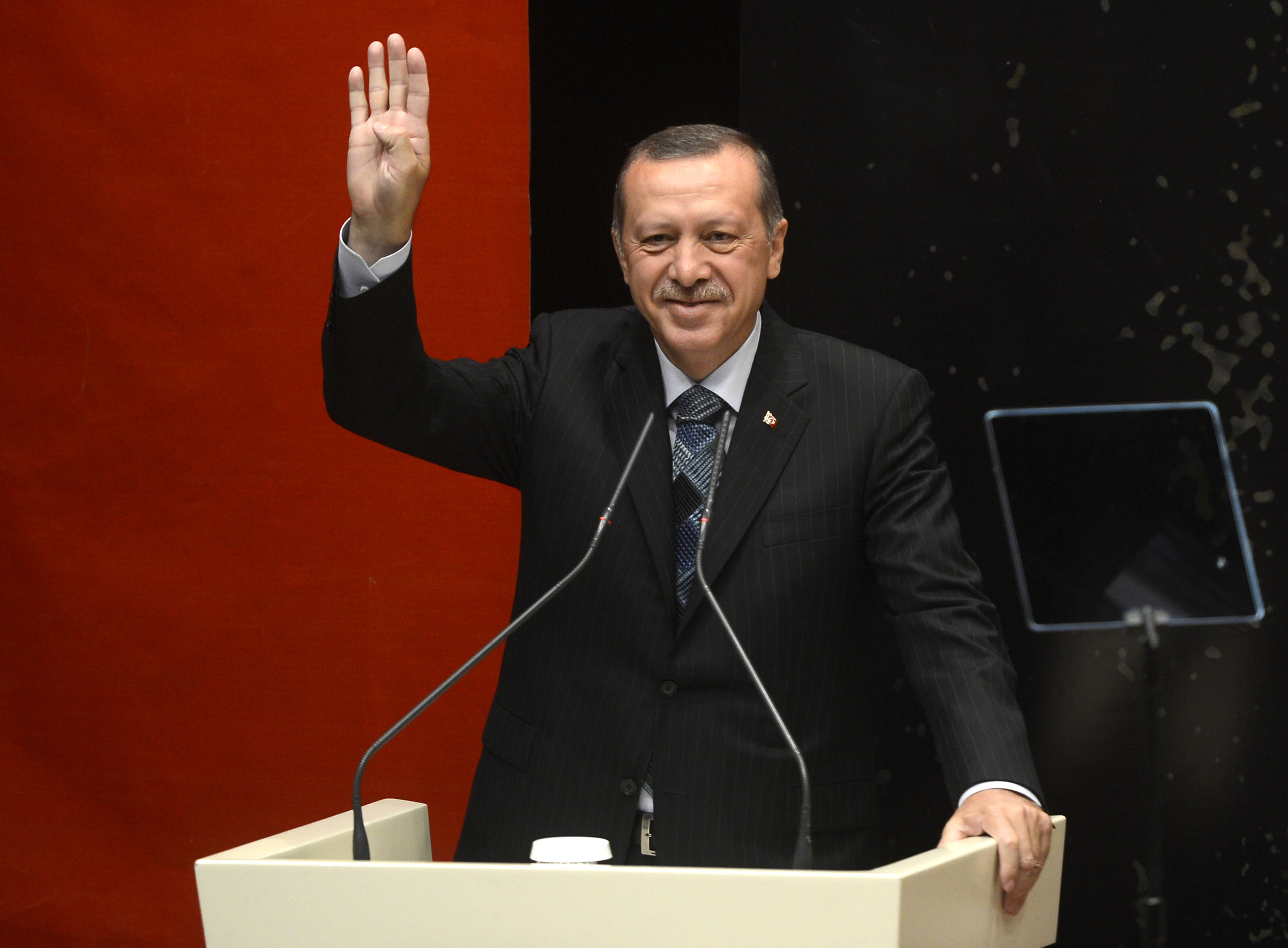The United States can no longer be regarded as a standard-bearer of the rule of law. ...
Poland has a long tradition of bucking political trends. ...
Is killing Jews “the right thing” to do? The Polish government seems to believe it is. ...
In February, in a case that made international headlines and provoked widespread condemnation, a court in Warsaw ordered two Polish historians of the Shoah to apologize to an elderly woman from the village of Malinowo for having “inexactly portrayed” her uncle Edward Malinowski, the village’s wartime headman. ...
Countries with proportional election systems usually resist political paralysis. When multiple parties can form coalitions, the theory goes, polarization won’t happen as readily. ...
Until the doors of Warsaw’s POLIN Museum of the History of Polish Jews opened six-and-a-half years ago ...
The news from Central Europe seems to be uniformly bad: democracy threatened, rule of law subverted, historical revisionism triumphant. It all carries a nasty 1930s flavor. To Western readers, moreover, most of that news seems to come from Budapest and Warsaw. We don’t hear much from such places as Bratislava, ...
The debate over Poland’s new ‘Holocaust law’ stokes rising anti-Semitism. ...
It didn’t take long for the recently elected government to have a troubling impact on the state of the country’s democracy. ...
Refugees are flocking to the European continent in ever-growing numbers, and Europeans show increasing resistance to accepting them. ...
Mina Yuditskaya Berliner, a retired teacher of German, could be forgiven for feeling surprised when one of her former students invited her for tea after almost half a century. Berliner, now 94, hadn’t seen him since she made aliyah to Israel from the USSR in 1973. But in 2005, the ...
Turkish President Erdogan’s irrational behavior is about power, not religion. ...

